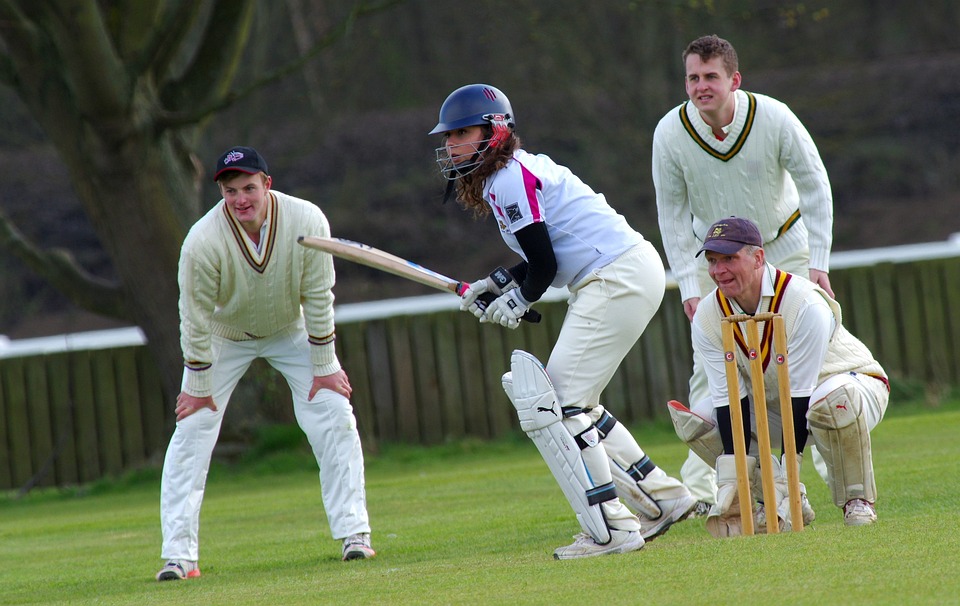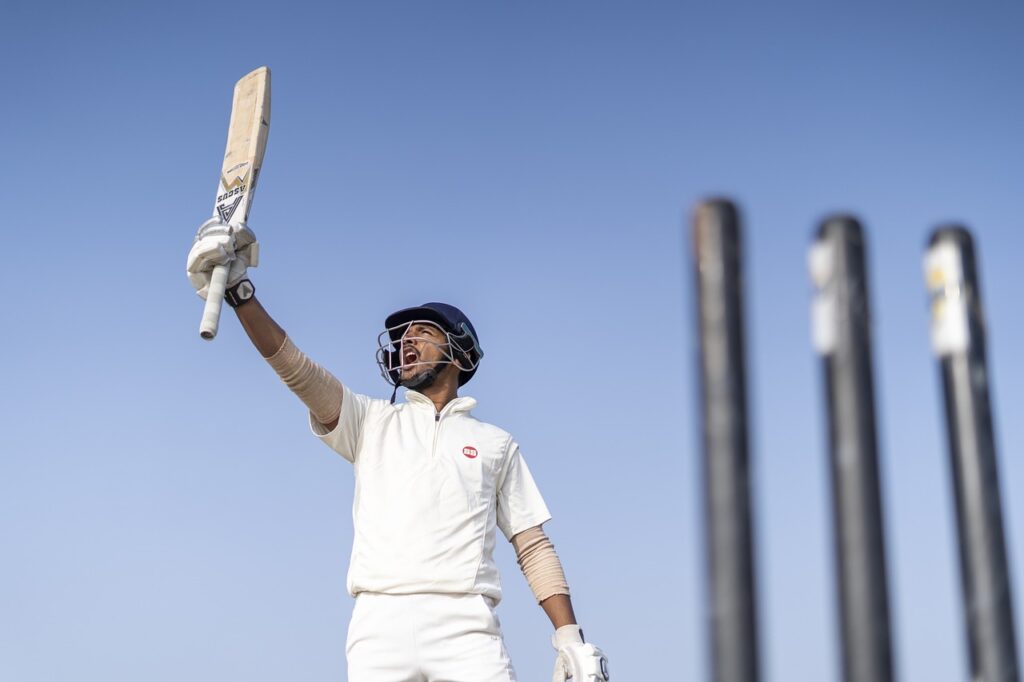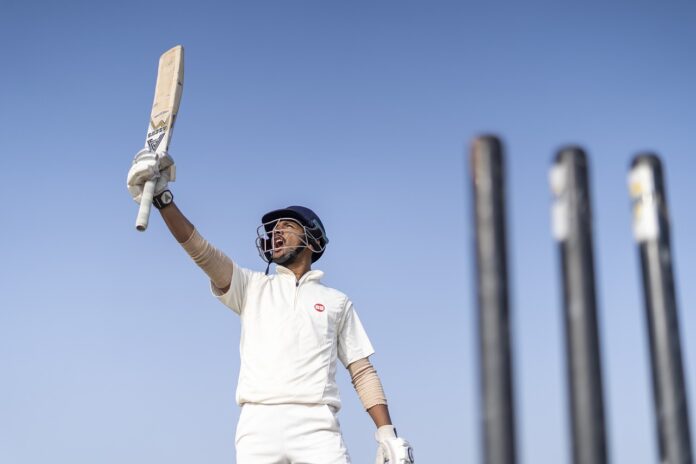Today we discuss about politics in cricket. In recent years, cricket politics have come under more and more scrutiny. Despite being praised for its elegance and spirit of fair play, politics still has an impact on cricket. Politics in cricket can have a big impact on how the game develops at both the national and international levels, from squad selection to administrative control. This blog examines the ways in which politics in cricket damage the game, the debates it sparks, and the actions that may be made to lessen its detrimental effects.

The Function of Politics in Administration of Cricket
Politics has an impact on cricket at the highest levels, as cricket boards make important decisions and exercise authority. These boards, which include the Pakistan Cricket Board (Pakistan), the England and Wales Cricket Board (England and Wales), and the BCCI (Board of Control for Cricket in India), are responsible for guiding their respective cricketing nations. But in cricket, politics often determines everything from player selection to official appointments.
Cricket politics are closely linked to national pride in nations like Pakistan and India. Coaches and captains are examples of high-level appointments that are often determined by political influence. For instance, rumors circulated during the 2019 World Cup that some Indian players were chosen for the team due to political influence in cricket. This underscores the regrettable fact that in cricket, politics frequently eclipse meritocracy.
Politics and International Relations in Cricket
Cricket serves as a diplomatic tool on a global scale, not just as a sport. When international ties between nations are tense, politics in cricket is frequently evident. Consider the well-known cricket rivalry between India and Pakistan. Every time there is political conflict between the two countries, politics in cricket becomes prominent. Cricket fans on both sides of the border are greatly disappointed when diplomatic tensions between India and Pakistan lead to the cancellation of bilateral series.
The two titans of cricket have only faced off in international competitions like the Asia Cup and the ICC World Cup in recent memory. Since 2012–13, cricket politics have kept them from engaging in a complete bilateral series. This serves as a sobering reminder of the ways in which politics in cricket can affect players as well as spectators, who lose out on one of the biggest rivalries in the history of the game.
During South Africa’s apartheid era, politics in cricket also came to light as the nation was prohibited from participating in international cricket due to its discriminatory political system. South Africa was not reintegrated into the international cricket community until after apartheid ended. This instance demonstrates how politics in cricket have the ability to separate and reintegrate countries into the game.
Cricket’s Factionalism and Player Politics
In cricket, politics is not just found in international relations or administrative entities, but also exists inside teams. In cricket, player selection frequently mirrors local politics, with sportsmen from specific regions or with specific political ties being favoured over others. Cricket’s internal politics have the potential to split teams apart, which is bad for team spirit and cohesion.
Cricket players’ careers can occasionally be derailed by politics in nations like England, Pakistan, and India. For example, the well-known falling out between Sourav Ganguly and coach Greg Chappell served as a widely reported example of how career-ending politics may impact cricket. In cricket, this kind of internal politics illustrates how individual interests can occasionally take precedence over those of the team as a whole.
When factionalism takes hold, worthy players may be excluded, leading to a situation in which skill and performance are not as important in cricket as politics. Both the team’s prospects of winning and the sport’s integrity are impacted by this.

Cricket as a Political Instrument
Politicians have frequently used cricket politics as a strategy to win over the public. Cricket is a potent force in nations where it is adored. This is especially true in nations like Pakistan and India, where politicians frequently team up with cricket players in an attempt to become more well-known and visible. When former cricket players enter politics and use their reputation from the game to further their political careers, the politics of cricket become particularly evident.
Imran Khan, the former captain of Pakistan’s cricket team, is among the most prominent instances of this fusion of politics and sport. Khan’s renown in cricket served as a major foundation for his political success. His narrative serves as an example of how cricket politics may have an impact that extends well beyond the confines of the game.
A number of Indian cricket players, such as Gautam Gambhir, Mohammad Azharuddin, and Navjot Singh Sidhu, have made the switch from cricket to politics. These athletes can take use of their notoriety and popularity by pursuing leadership positions in government through cricket politics. The distinction between sport and political strategy is further blurred by this blending of politics and cricket.
Taking Politics Out of Cricket
Although politics in cricket may seem like an inevitable part of the sport, there are things that may be done to lessen their detrimental effects. Making sure cricket boards are transparent is one of the main answers. In cricket, accountability and transparency can significantly lessen the influence of politics, particularly in relation to financial decisions, appointment and team selection.
Cricket boards’ independence is another important component. Cricket politics frequently stem from government meddling in these boards’ operations. Decisions can be made with the interests of the sport in mind when these bodies are given autonomy, which lowers the possibility of political interference.
Moreover, initiatives to foster inclusiveness within teams should be undertaken in order to lower the possibility of factionalism brought on by politics in cricket. The best players should be given the chance to represent their nation, and selection procedures should be based on merit rather than local or political prejudices.
Finally, cricket diplomacy should be encouraged. Governments and cricket boards should look into methods to use politics in cricket for positive purposes rather than utilizing the game to inflame political tensions. Cricket is a tremendous diplomatic tool because it has the capacity to bring people together and heal political divisions.
In summary
Cricket politics is a complicated topic with potentially large ramifications for the game. Politics in cricket influences the game in a variety of ways, whether it is through international relations, cricket boards, or even inside teams. Even though it might be difficult to completely exclude politics from cricket, policies like autonomy, inclusion, and transparency can help maintain the game’s essence. Ultimately, rather than politics, cricket should be about rivalry, sportsmanship, and unity.
It is up to us as administrators, players, and supporters to make sure that cricket politics don’t eclipse the thrill, happiness, and beauty that the game offers to millions of people across the world.

